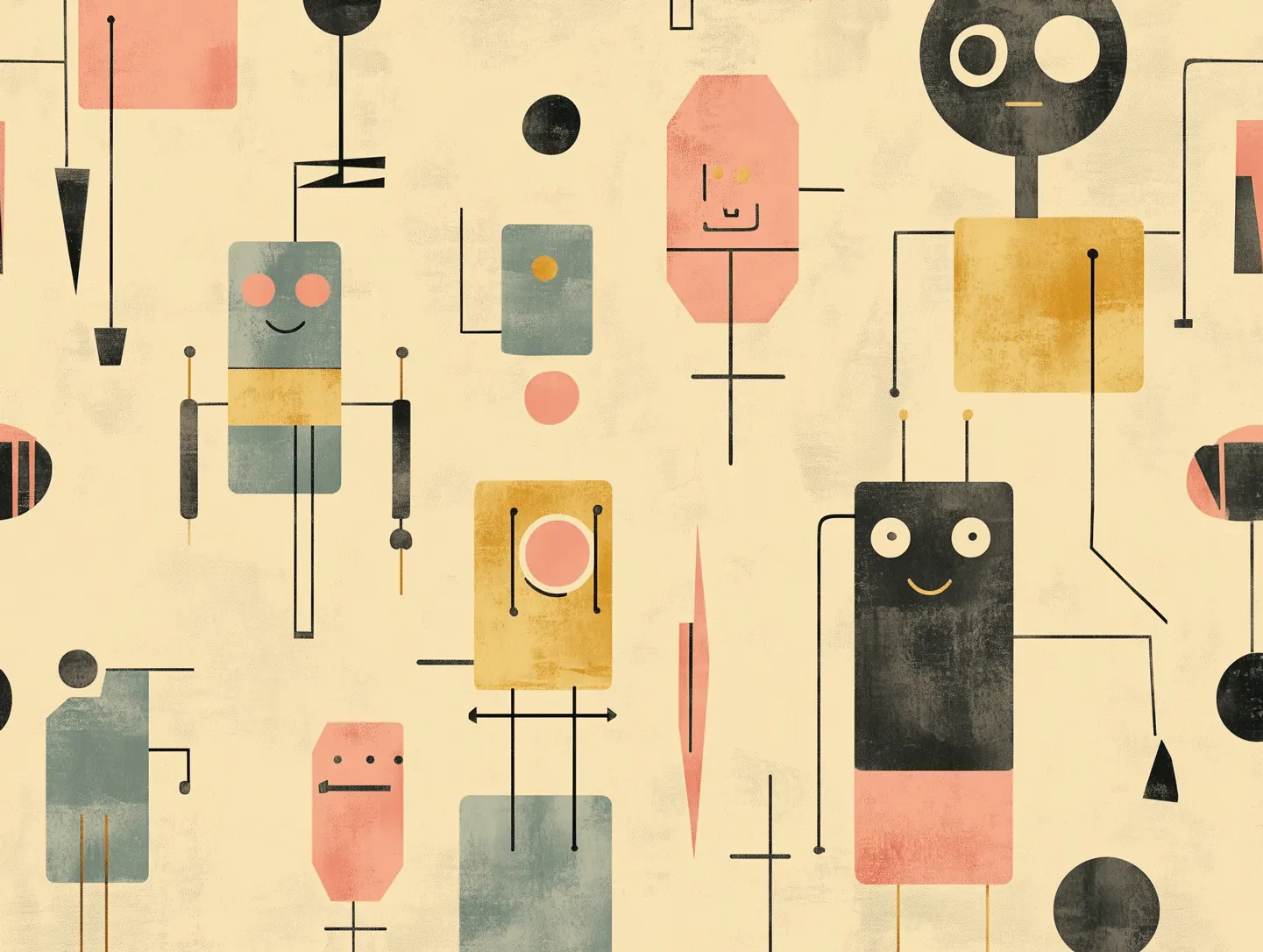Brief History of Robots

Brief History of Robots
The Enduring Fascination with Robots: From Ancient Myths to Modern AI Robots and artificial intelligence (AI) have captured our imagination for centuries. Our ideas about robotic creations blend science, myth, and visions of the future. Below is a short article describing the history of robots, their cultural significance, and ethical considerations based on a much larger talk by Professor Victoria Baines.
Ancient Automata
Origins of the Word “Robot”
The term “robot” was coined by Czech playwright Karel Čapek for his 1920 play Rossum’s Universal Robots. It comes from the Czech word “robota,” meaning “forced labor” or “slavery.”
Homeric Epics
In the Iliad and the Odyssey (8th century BCE), the Greek god Hephaestus created self-moving tripods and intelligent golden handmaidens. These stories already hint at autonomous machines powered by technology (and divine magic).
Talos
Talos, a bronze giant, was said to guard the island of Crete. Legends vary: some describe Talos as forged from bronze; others see him as a mythical giant from the Bronze Age. His weakness—a single vein in his ankle—parallels the legend of Achilles.
Hellenistic Automata
Innovators like Ktesibios, Philo of Byzantium, and Heron of Alexandria built complex machines using hydraulics and pneumatics. Heron’s book on automata describes an “automatic serving girl,” foreshadowing modern robots centuries ago.
Automatons as Wonders and Hoaxes
Mechanical Turk
In the 18th century, a chess-playing automaton called the Mechanical Turk amazed audiences by beating well-known figures like Napoleon. It was later exposed as a trick: a hidden human operated the machine. This story reveals our eagerness to believe in impressive robotic illusions.
Robots and AI in Modern Times
Uncanny Valley
We often find robots “creepy” when they look almost, but not quite, human. This phenomenon, called the uncanny valley, explains why we might prefer robots that look less realistic.
AI and Sentience
Debates on whether machines can become conscious continue. A recent example is a Google engineer who believed a chatbot had a soul. This highlights how easy it is to confuse advanced algorithms with genuine consciousness.
Ethics of Automation
Since “robot” comes from a root meaning “slave,” we must ask: Are we comfortable with creating “slave” machines? Some people anthropomorphize robots, treating them like living beings. Meanwhile, legal systems still hold operators or developers accountable for a machine’s errors. Robots and AI stir both excitement and fear. They reflect our hopes, doubts, and ethical challenges. History shows us that these ideas are far from new. As technology evolves, caution and real data—rather than hype or fear—remain key to guiding robots into our future.
Based on a YouTube talk by Professor Victoria Baines.
John Luba
Author & Content Creator